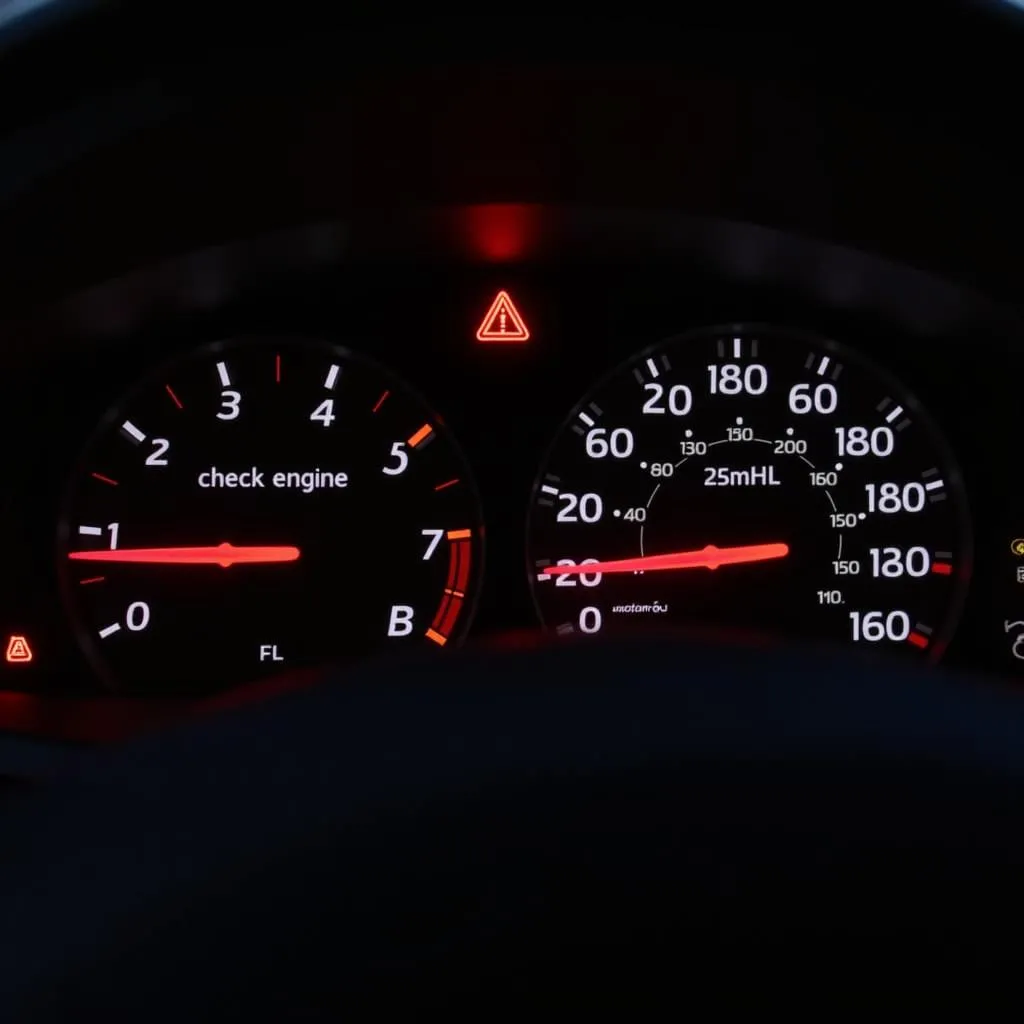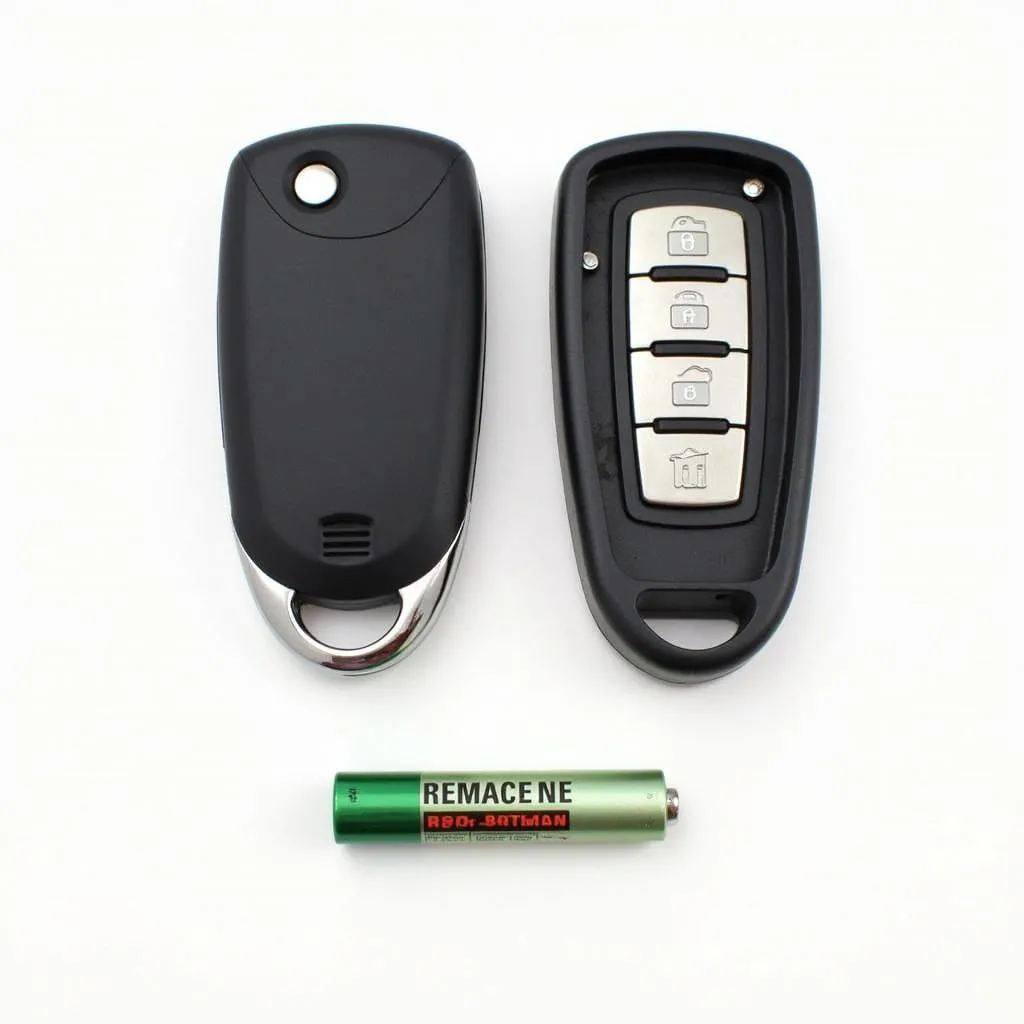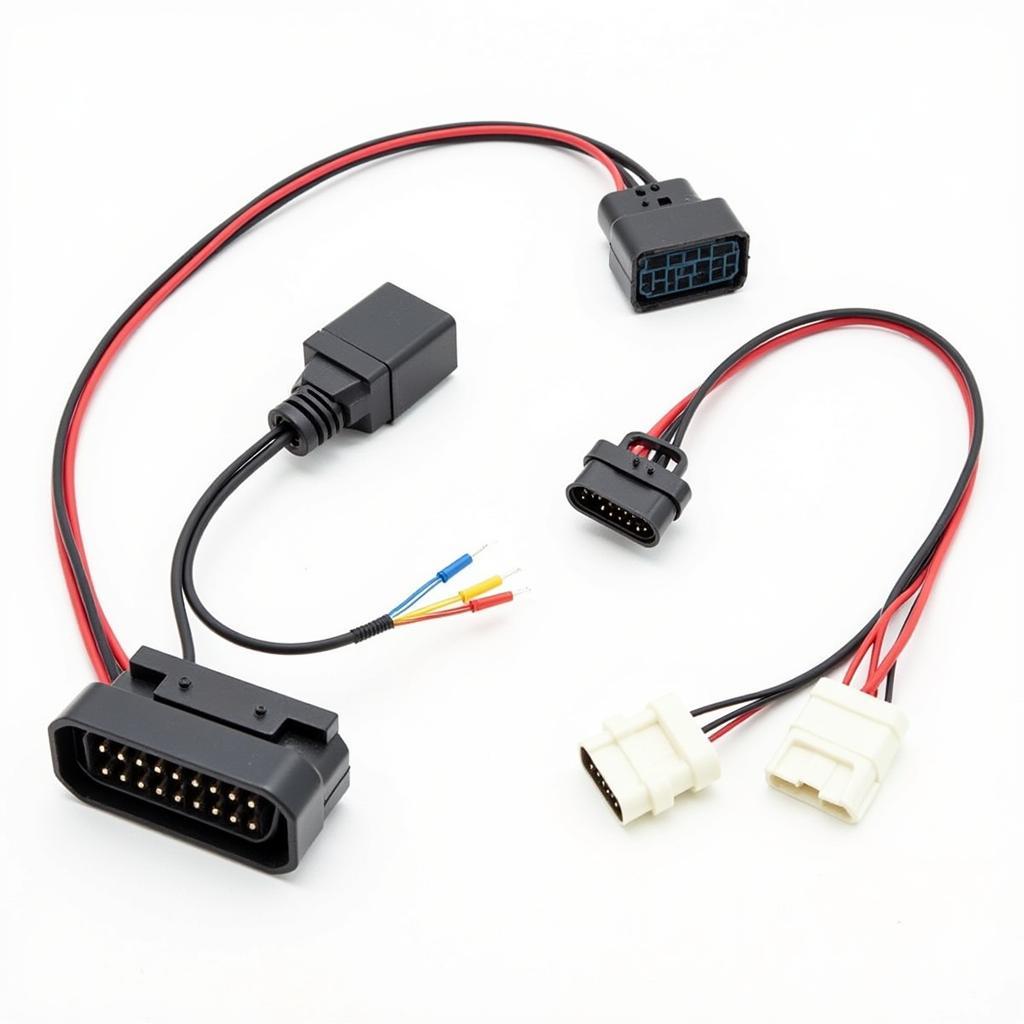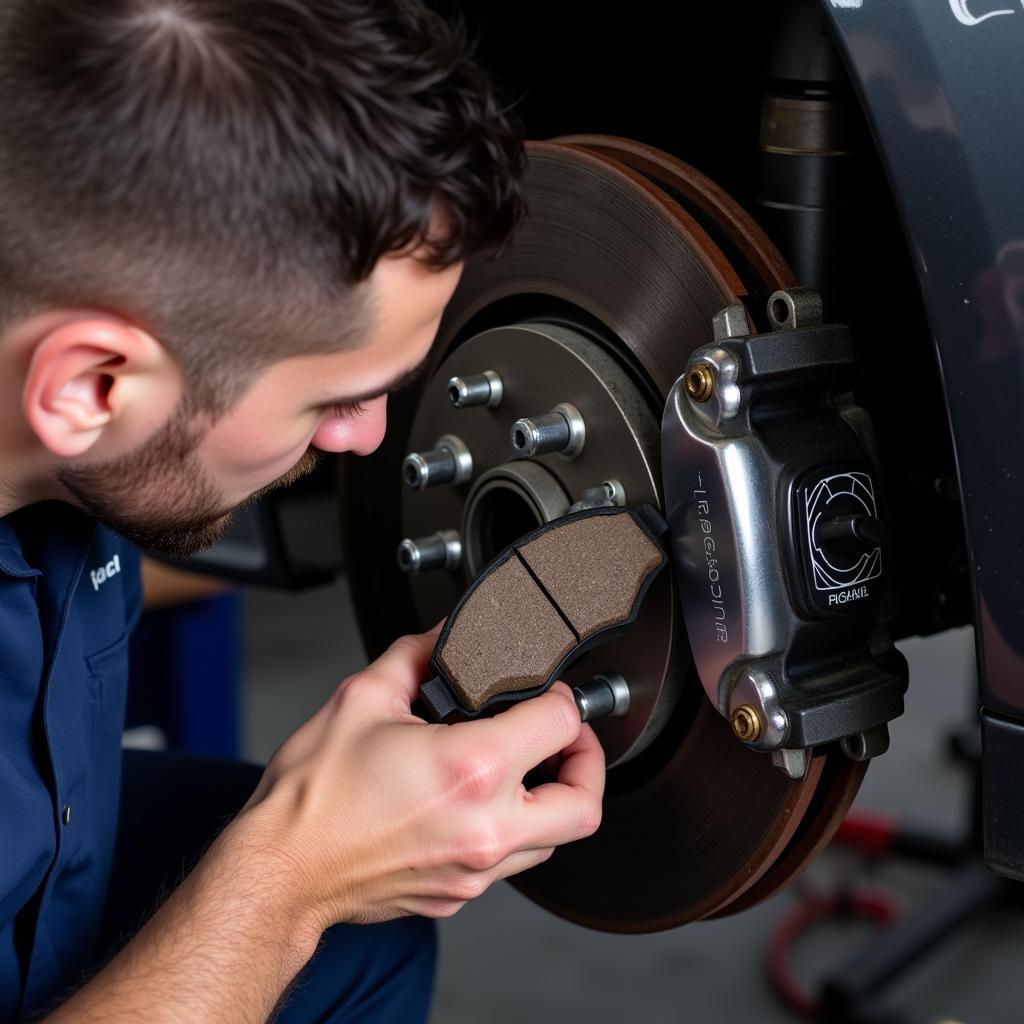Dealing with a stubborn anti-theft system on your Dodge Neon can be incredibly frustrating. You’re ready to hit the road, but your car has other plans. While bypassing a vehicle’s security system should always be approached with caution and with the understanding that it should only be done on a vehicle you own, we’ll explore some potential solutions to get you moving again.
Common Causes of Anti-Theft Issues in Dodge Neon
Before we jump into solutions, let’s understand why your Dodge Neon’s anti-theft might be acting up.
Faulty Key Recognition
The most common culprit is often a simple issue with your key. The transponder chip in your key, responsible for communicating with your car’s immobilizer system, might be damaged or have a weak signal.
Malfunctioning Immobilizer System
Sometimes, the issue lies within the car itself. The immobilizer system, designed to prevent unauthorized starting, can malfunction due to various reasons, including electrical problems or a faulty control module.
Wiring Problems
Loose connections, damaged wires, or corrosion in the wiring harness related to the anti-theft system can disrupt the communication flow and trigger the immobilizer.
Identifying Anti-Theft Problems
How can you tell if it’s an anti-theft issue? Look out for these signs:
- Rapidly flashing security light: This is often the first and most obvious indicator that something is amiss with your anti-theft system.
- Engine Cranks but Won’t Start: If you hear the engine turning over but it refuses to fire up, the anti-theft system might be preventing ignition.
- Key Stuck in Ignition: In some cases, the immobilizer might prevent you from removing the key from the ignition.
 Dodge Neon dashboard with warning lights
Dodge Neon dashboard with warning lights
Troubleshooting Your Dodge Neon’s Anti-Theft System
While bypassing a vehicle’s security system should never be done with malicious intent, here are some steps you can take to troubleshoot and potentially resolve the issue yourself:
- Check Your Key:
- Try a Spare Key: If you have a spare key, try using it to start the car. This will quickly determine if the issue lies with your primary key’s transponder chip.
- Inspect Your Key: Examine your key for any signs of damage or wear and tear.
- Battery Check:
- Key Fob Battery: A weak battery in your key fob can sometimes interfere with the anti-theft system. Replace the battery and try again.
- Car Battery: Ensure your car battery is fully charged and in good condition, as a weak battery can cause various electrical issues, including problems with the anti-theft system.
 Car key fob with a replacement battery
Car key fob with a replacement battery
- Advanced Diagnostics with an OBD-II Scanner
- An OBD-II scanner, like those offered by Cardiagtech, can be invaluable in diagnosing anti-theft system problems. These scanners can read trouble codes stored in your car’s computer, providing insights into the specific fault.
- Seek Professional Help:
- If the issue persists, it’s time to consult a qualified automotive locksmith or a mechanic specializing in automotive electronics. They have the expertise and tools to diagnose and repair more complex anti-theft system problems.
FAQs: Dodge Neon Anti-Theft Systems
Q: Can I reset my Dodge Neon’s anti-theft system myself?
A: While some online resources might offer DIY reset procedures, it’s crucial to exercise caution. Incorrect procedures can potentially worsen the issue or even damage your vehicle’s electrical system. Consulting a professional is always recommended.
Q: How much does it cost to fix an anti-theft system problem in a Dodge Neon?
A: The cost of repair can vary greatly depending on the specific issue, the availability of parts, and labor rates in your area.
Q: Can I prevent anti-theft system issues in my Dodge Neon?
A: Regular maintenance, such as ensuring your key fob batteries are fresh and keeping your car battery in good condition, can help prevent some anti-theft system issues.
Remember, tampering with your vehicle’s security system without proper knowledge can have unintended consequences. If you’re unsure about any procedure, always err on the side of caution and seek help from a qualified professional or explore trusted diagnostic tools like those offered by CARDIAGTECH.


